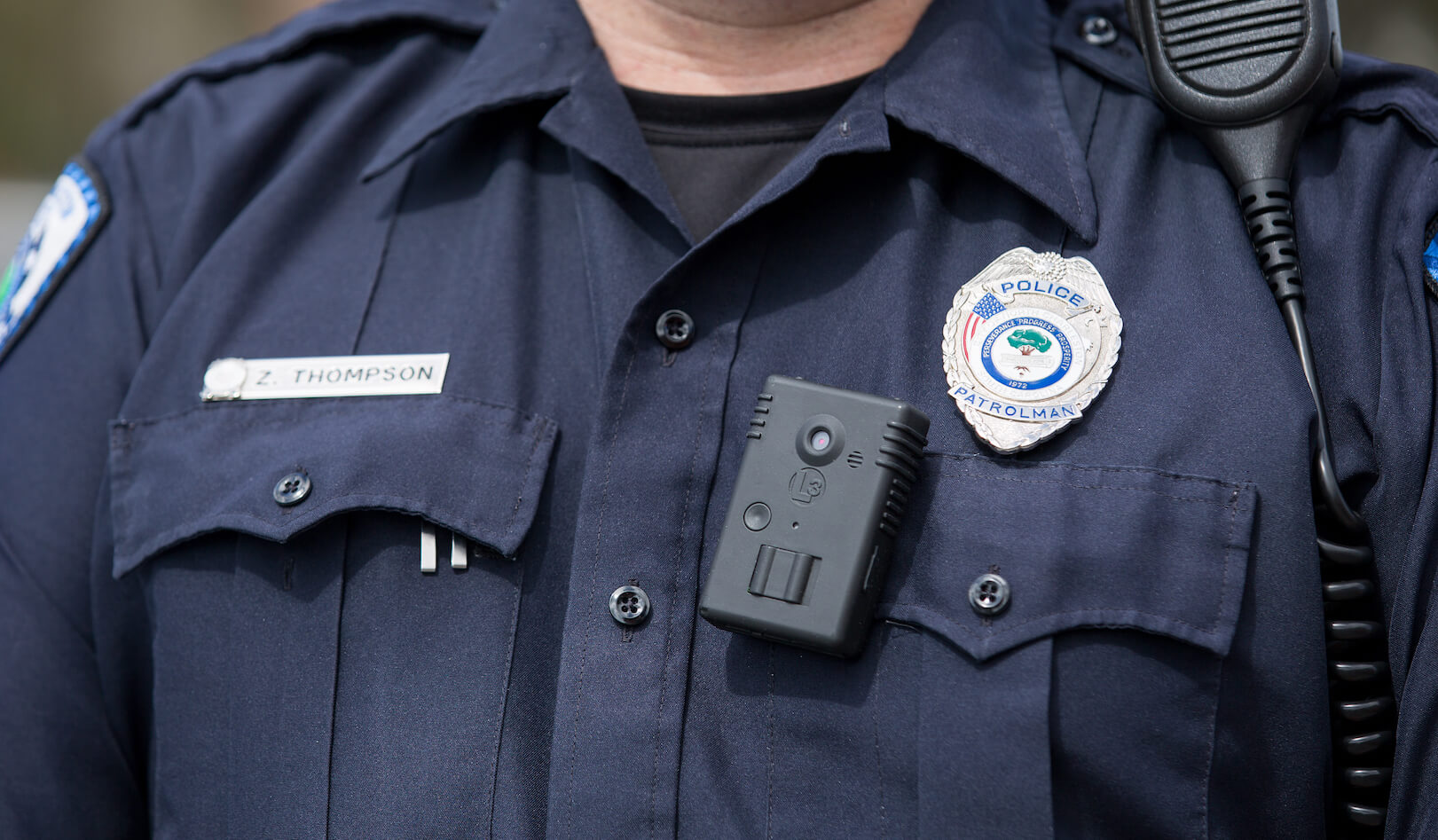
Much of the relationship between the people and their governments is built on trust.
But that relationship is fragile — especially when it appears government is going out of its way to keep the public in the dark.
That’s what is occurring in Iowa too often with video recordings made by law enforcement agencies — especially when an officer has taken someone’s life or when an officer’s actions are questioned.
The lack of public access to these videos is the central issue that was back in the news last week — and the Iowa Legislature needs to end these unwise policies.
The headlines last week dealt with a hearing in the case of a 34-year-old mother in Burlington who was accidentally shot by a police officer when he tried to shoot the woman’s dog as it lunged toward him. Officer Jesse Hill’s two shots missed the dog, but one bullet struck and killed Autumn Steele.
Not surprisingly, Steele’s family wants to see the police body camera and squad car dash camera videos of the incident.
The shooting occurred on Jan. 6, 2015. But two and a half years later, Burlington police, the Iowa Division of Criminal Investigation and Attorney General Tom Miller’s office continue to resist attempts to let the family and public see the entire videos.
The Steele case is not an aberration, unfortunately.
On April 29, Matthew Rodrigues, 27, was arrested outside a West Des Moines motel after a woman staying there reported being sexually assaulted in her room by a Hispanic man known as Junior who wore a shirt with “Houston” on the front. The attacker was a guest at the motel, the victim said, and she met him in the lobby.
Rodrigues said he had been visiting a friend at the motel when police officers approached him. He denied being involved and accused officers of detaining him only because of his skin color. His two companions could corroborate his alibi, he said, but officers told them to leave.
Rodrigues spent 11 days in jail. He was released after a judge dismissed the sexual assault charge.
A man from Houston, Texas, was charged with the crime the same day Rodrigues was freed. The other man’s middle name is Junior, officials said, and he had been staying at the motel while working on a construction project in the area.
Rodrigues and his lawyer believe police ended their investigation too hastily after officers saw Rodrigues, a brown-skinned man, outside the motel. He says the surveillance video from the motel lobby would corroborate that he never met the victim there.
Police have refused to make available that video or any police videos of the encounter because they are part of an ongoing investigation.
Another case:
On July 5, a woman with a history of drug use was shot to death by a Des Moines police officer. Tiffany Potter, 29, was being followed for reasons police have declined to make public. She was shot after trying to flee on foot from her car. The officer fired after Potter first fired a gun she had.
Put yourself in the shoes of Potter’s mother, Gena Behle: Her daughter is dead; she knows her daughter had drug problems; she just wants to see for herself what occurred that tragic night.
Officers initially told Behle she could watch the videos. But when she said a lawyer would accompany her, police changed their minds and told her she would have to wait until their investigation ended in four to six weeks.
Police declined requests from journalists to make public the body camera and dash camera videos. In Des Moines, police typically have released such videos at the conclusion of an investigation after a grand jury clears an officer of any criminal actions.
Here we have three Iowa cases that all involve police videos, but there is no consistent public access to these recordings.
Autumn Steele’s family has waited two and a half years with no guarantee they will ever get to see the recordings of her death. Tiffany Potter’s family has been told they will have to wait four to six weeks to see them, but the public has no assurance it will ever get to view the recordings. And police have brushed away requests for the recordings that Matthew Rodrigues believes will remove the stain on his name from his arrest and jailing for a sex crime he did not commit.
The public is grateful for the important service Iowa’s law officers provide every day. But that gratitude should not prevent us from asking questions from time to time about officers’ actions, and Iowans certainly deserve to have access to video recordings of incidents in which officers take people’s lives.
Next year, the Legislature needs to revise Iowa’s public records law to provide for consistent access statewide to police videos in controversial cases such as these.
Government will never build and maintain public confidence in our law officers by allowing this secrecy to remain. Transparency should be mandatory — not optional — when officers’ actions are questioned.
by Randy Evans
Reprinted from Bloomfield Democrat
Posted 7/28/17
Politics

Biden marks Earth Day by announcing $7 billion in solar grants
The Biden administration on Monday announced the recipients of its Solar For All Program, a $7 billion climate program that aims to lower energy...

6 terrifying things that could happen if the Comstock Act is used to target abortion
Does 1873 sound like a really, really long time ago? Well, that’s because it is—but if Republicans and far-right anti-abortion activists have their...
Local News

No more Kum & Go? New owner Maverik of Utah retiring famous brand
Will Kum & Go have come and gone by next year? One new report claims that's the plan by the store's new owners. The Iowa-based convenience store...

Here’s a recap of the biggest headlines Iowa celebs made In 2023
For these famous Iowans, 2023 was a year of controversy, career highlights, and full-circle moments. Here’s how 2023 went for the following Iowans:...




